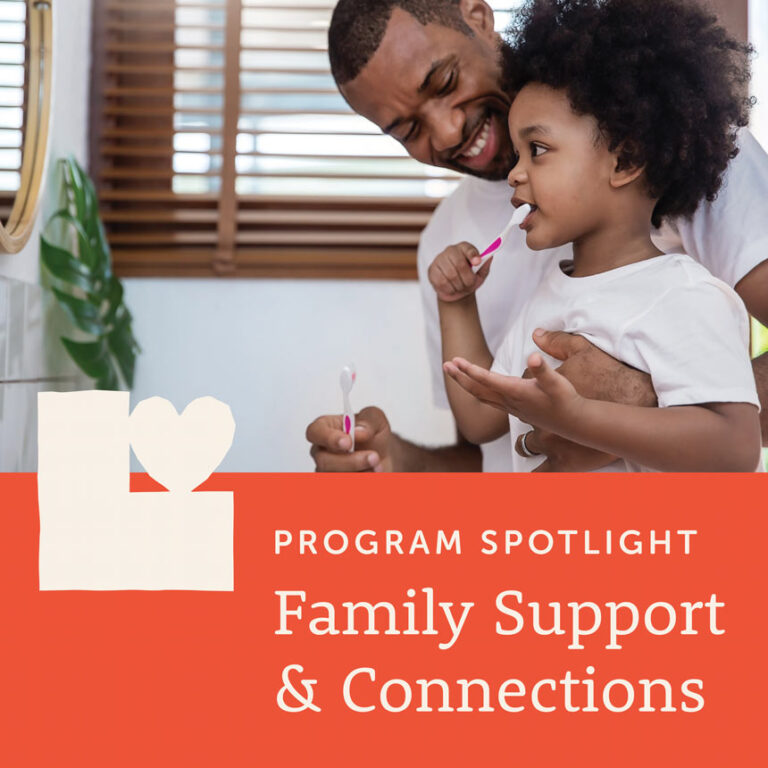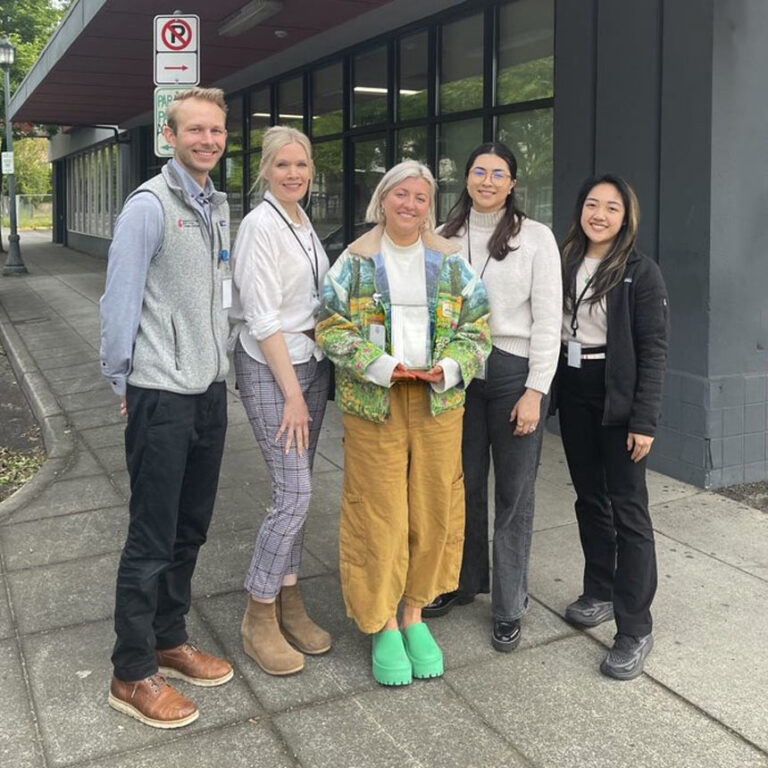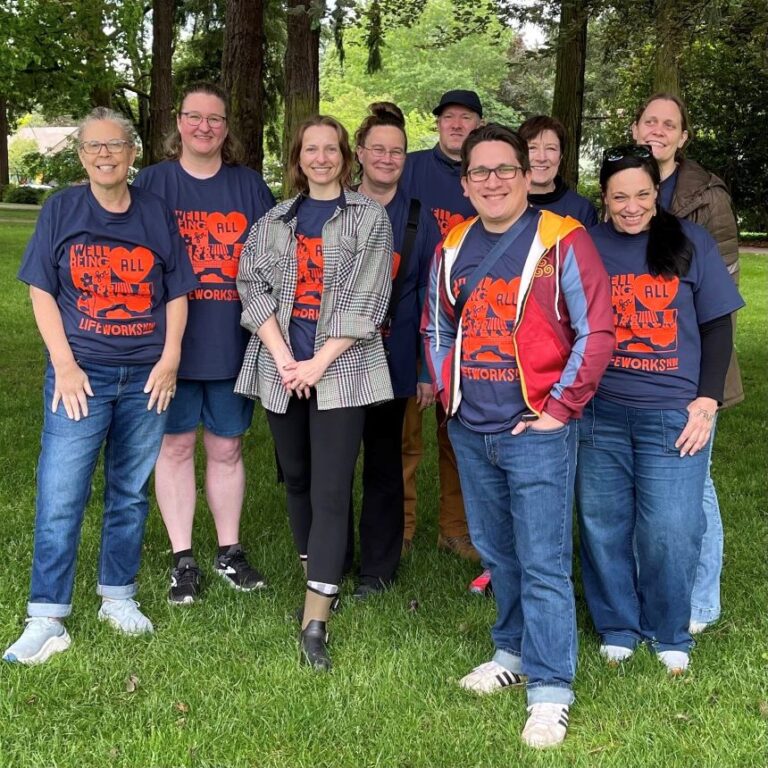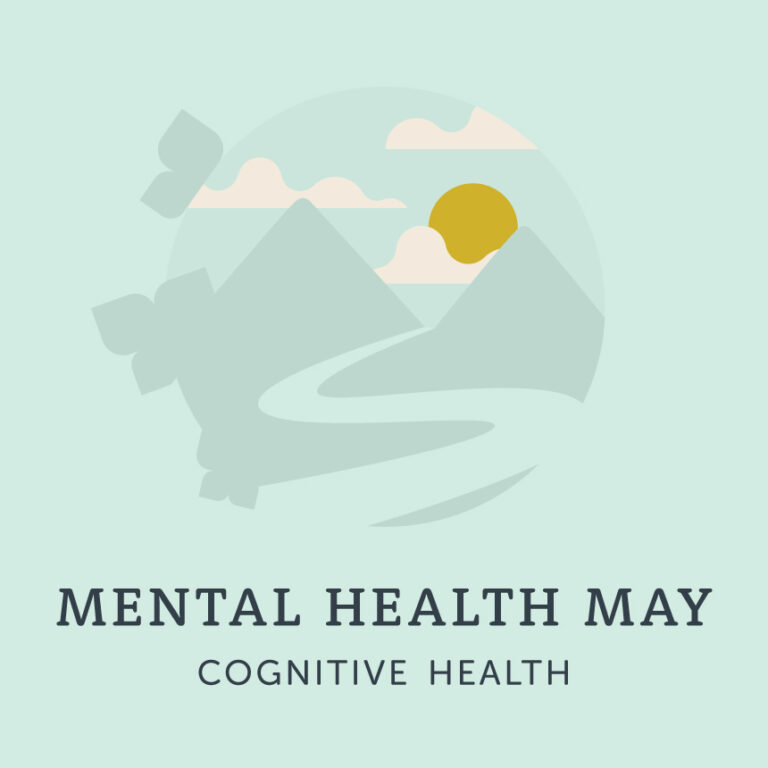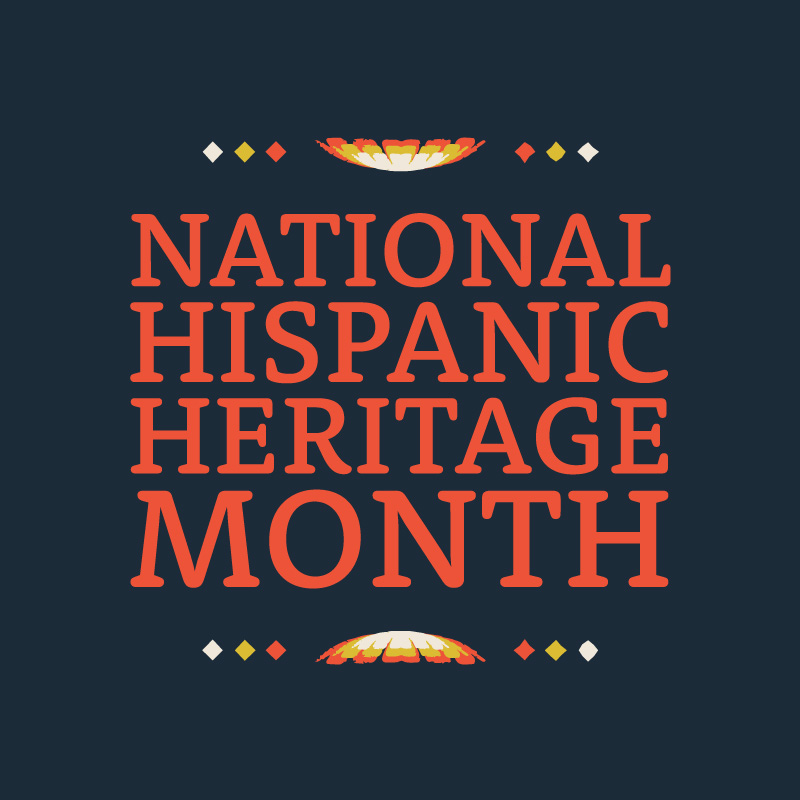
During Hispanic Heritage Month, it’s important to remember the role that language plays in the development of our cultural identities and our mental health. Though it’s common to hear the U.S. referred to as a “nation of immigrants,” many immigrant communities past and present have faced immense pressure to assimilate into mainstream culture. The result? Less than half of Latinx families continue to use Spanish at home after three generations in the US.
Often, this is the result of a parent or grandparent’s desire to protect the younger generations from discrimination and bullying. However, this attempt to protect others often backfires and has the result of creating a stigma around speaking heritage languages. While bilingualism has become increasingly valued in the U.S. as an employable skill, many bilingual people still report feeling shamed or attacked for speaking Spanish or other heritage languages in public.
This loss of a heritage language has profound implications on community connections and individual mental health. Children who lose their first language, or never learn to speak fluently to begin with, may struggle to communicate with older members of their family who may not have a firm grasp of English. Cultural histories and traditions are not passed from one generation to the next. Those who were never taught their family’s heritage language may struggle to feel like they belong and lack a strong sense of identity. They may experience grief over these lost connections.
In Latinx communities, this collective trauma spans centuries. Many Latinx people have Indigenous roots, but due to the cultural genocide of Spanish colonization, their native languages may have gone extinct. Or they may simply have little connection to their culture’s ancestral language or history. Then, the loss happens again when their families immigrate to the U.S., compounding the historical harm they have already experienced.
As a mental health agency, we must be sensitive to the importance of heritage languages to our diverse consumer base. While this may be most pronounced in Latinx populations, it’s an important consideration for clients of any immigrant background, as well as Native American clients whose families may have been forced to abandon their heritage language by the U.S. government.
Clients who still speak their heritage language need to be able to connect with bilingual providers who can affirm their identities, even if they speak fluent English. Those who have lost or never developed heritage language proficiency may want to speak with providers who understand the sense of loss and grief they feel, and who can help them find ways to reclaim a sense of their cultural identity.




